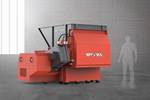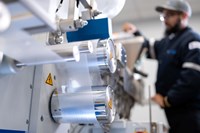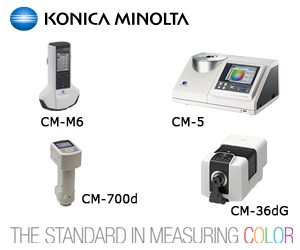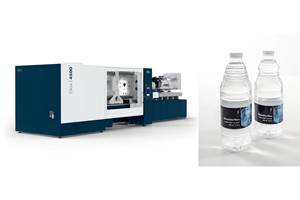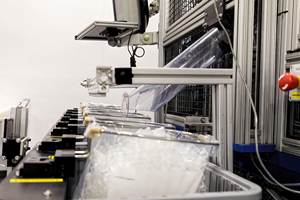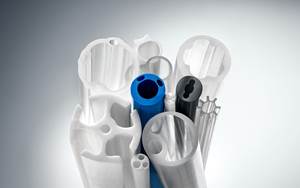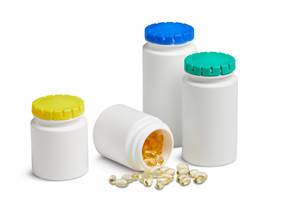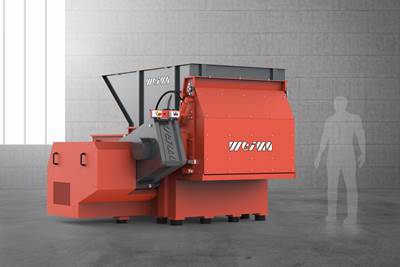“Maybe BPA isn't so bad after all”
That’s how Jon Hamilton, a reporter at National Public Radio’s (NPR) science desk, began his story this week on a new report by government scientists published in the journal Toxicological Sciences, which concludes what many reports on bisphenol A (BPA) already have.
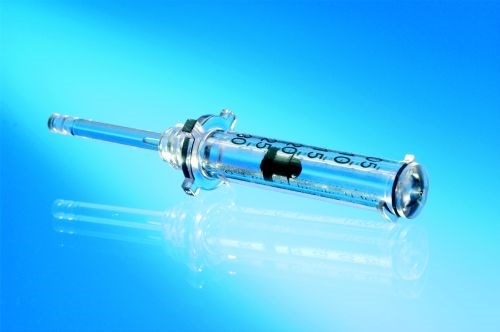
“The plastic additive has been vilified by environmental advocacy groups. But the chemical had no effect on rats fed thousands of times the amount a typical person ingests, government scientists are reporting in the journal Toxicological Sciences.
The results "both support and extend the conclusion from the U.S. Food and Drug Administration that BPA is safe as currently used," says Daniel Doerge, a research chemist with the FDA's National Center for Toxicological Research.
At the MD&M West show in Anaheim earlier this month, and before this latest revelation, I spoke with two of the largest producers of polycarbonate (PC) resins in the world—Bayer MaterialScience and SABIC—about BPA backlash and its knock-on effect on PC, an engineering resin that’s made from a mix of chemicals including BPA. That backlash has led some companies to move away from PC in a variety of markets, including human-contact applications in consumer goods and healthcare, for example.
Bruce Fine, market segment leader, medical and consumer products at Bayer, told me that the FDA continues to assert BPA is safe for the applications and uses it's approved for “despite all the other discussions,” he noted, adding that the agency is also working on a round test, a studies of studies, to further validate the chemical’s safety.
"[BPA fears] are not supported by sound science,” Fine said. “If they were, we would address it accordingly." I asked about an application like baby bottles, which experienced a de facto ban as retailers and brands announced a wholesale shift away from PC, but Fine said that to his knowledge, no domestic producer of the resin had sold PC into the baby bottle market in “years”, calling the “BPA-free” push in that area a "nonevent" for Bayer.
Fine did say Bayer had experienced some cases where OEMs had made the switch away from PC, but it had also seen instances where those same customers switched back.
When asked whether her company is still queried on BPA, Cathleen Hess, SABIC’s Director of Healthcare Marketing at SABIC, was succinct. “Of course [BPA] comes up,” Hess said. “All we’re doing is studying the science, which says it’s safe, so we continue to promote PC in the healthcare industry.”
Maybe this latest study will make those discussions easier for companies like Bayer and SABIC, but maybe not. Perusing the comments below the NPR story, a healthy amount of skepticism about BPA’s safety remained (see below).
Well if the government says so, it must be true. Certainly, they would never allow themselves to be corrupted by the chemical companies that produce BPA. I think I will continue to err on the side of [sic] cautious and avoid exposure to questionable synthetic chemicals that provide no real value to my existence.
In a “background information” piece Bayer distributed at the show entitled “Government funded research supports the safety of bisphenol A”, Bayer noted that the chemical has been subjected to more than 5000 studies that have in turn been reviewed by health and regulatory authorities all over the world. “The newest research results continue to build on the body of evidence indicating the safety of BPA,” the release stated.
Well, we can add another study to that list, but will it be enough to change public perceptions about BPA and PC? That ship might have sailed.
Related Content
Krones Acquires Netstal
Krones adds PET preform injection molding to its bottle blowing and filling capabilities, as well as cap molding and expansion into medical, food and other markets.
Read MoreAs Currier Grows in Medical Consumables, Blow Molding Is Its ‘Foot in the Door’
Currier Plastics has added substantial capacity recently in both injection and blow molding for medical/pharmaceutical products, including several machines to occupy a new, large clean room.
Read MoreMedical Manufacturer Innovates with Additive Manufacturing and Extrusion Technology Hubs
Spectrum Plastics Group offers customers two technology hubs — one for extrusion, the other for additive manufacturing — to help bring ground-breaking products to market faster.
Read MoreNew Cap for Child-Resistant Pill Bottles Is Senior-Friendly & Saves Resin
Exclusive lightweight cap design can be removed simply pushing down on the center. No gripping or twisting needed.
Read MoreRead Next
People 4.0 – How to Get Buy-In from Your Staff for Industry 4.0 Systems
Implementing a production monitoring system as the foundation of a ‘smart factory’ is about integrating people with new technology as much as it is about integrating machines and computers. Here are tips from a company that has gone through the process.
Read MoreRecycling Partners Collaborate to Eliminate Production Scrap Waste at NPE2024
A collaboration between show organizer PLASTICS, recycler CPR and size reduction experts WEIMA and Conair will seek to recover and recycle 100% of the parts produced at the show.
Read MoreFor PLASTICS' CEO Seaholm, NPE to Shine Light on Sustainability Successes
With advocacy, communication and sustainability as three main pillars, Seaholm leads a trade association to NPE that ‘is more active today than we have ever been.’
Read More


